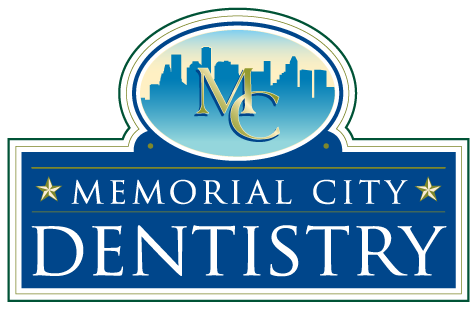As we journey through life, aging is an inevitable part of the process, bringing about various changes in our bodies, including our oral health. Ensuring good oral health as we age is not just about aesthetics; it’s essential for our overall well-being. In this blog post, we will delve into how oral health evolves with age and offer invaluable tips for seniors to sustain a healthy and radiant smile throughout their golden years.
Evolution of Oral Health as We Age:
- Tooth Wear and Tear: With the passage of time, our teeth naturally undergo wear and tear. The protective enamel layer, which covers our teeth, gradually thins, making them more susceptible to decay and sensitivity.
- Gum Health: Aging often leads to receding gum tissues, which can expose tooth roots and elevate the risk of gum diseases. Conditions like gingivitis and periodontitis become more prevalent among older individuals.
- Dry Mouth Concerns: Several medications and medical conditions prevalent among seniors can result in dry mouth (xerostomia). Reduced saliva flow poses an increased risk of tooth decay and oral infections.
- Tooth Loss: Tooth loss becomes more common as we age, attributed to factors such as decay, gum diseases, and accidents. Missing teeth can impact both oral function and aesthetics.
- Oral Ailments: Senior individuals may be at a heightened risk of oral diseases, including oral cancer. Regular dental check-ups are vital for early identification and timely treatment.
Tips for Sustaining Oral Health in Later Years:
- Routine Dental Visits: Maintain a regular schedule of dental check-ups, ideally twice a year, for thorough examinations and professional cleanings. Early detection of dental issues can prevent more severe complications.
- Effective Oral Hygiene: Commit to brushing your teeth at least twice daily using fluoride toothpaste and a soft-bristle toothbrush. Additionally, daily flossing is crucial for eliminating plaque and debris between teeth.
- Hydration Matters: Combat dry mouth by staying well-hydrated. Consider sugar-free gum or saliva substitutes to alleviate dry mouth symptoms.
- Balanced Diet: Embrace a well-rounded diet rich in fruits, vegetables, lean proteins, and whole grains. Reduce your consumption of sugary and acidic foods and beverages to safeguard against tooth decay.
- Avoid Smoking and Excessive Alcohol: Smoking and heavy alcohol consumption are risk factors for oral cancer and gum diseases. Kicking the habit and moderating alcohol intake can substantially enhance oral health.
- Proper Denture Care: If you wear dentures, follow your dentist’s instructions for cleaning and maintaining them. Poorly fitted dentures can lead to irritation and oral health issues.
- Utilize Senior-Friendly Dental Products: Consider using oral care products specially designed for seniors, such as soft-bristle toothbrushes and toothpaste formulated for sensitive teeth.
- Fall Prevention: Take precautions to prevent falls, as they can result in oral injuries, including broken teeth. Maintaining a safe home environment is essential.
- Stay Vigilant: Keep yourself informed about your oral health and promptly report any unusual symptoms or discomfort to your dentist.
- Maintain a Positive Perspective: A positive outlook on oral health and overall well-being can significantly impact your smile. Incorporate regular exercise and stress management techniques into your routine for improved oral health.
Aging should not equate to a decline in oral health. By adhering to proper care and vigilance, seniors can preserve a healthy smile that endures a lifetime. These tips, when followed diligently, empower older individuals to sustain their beautiful smiles and elevate their quality of life in their later years. Remember, it’s never too late to prioritize your oral health!


